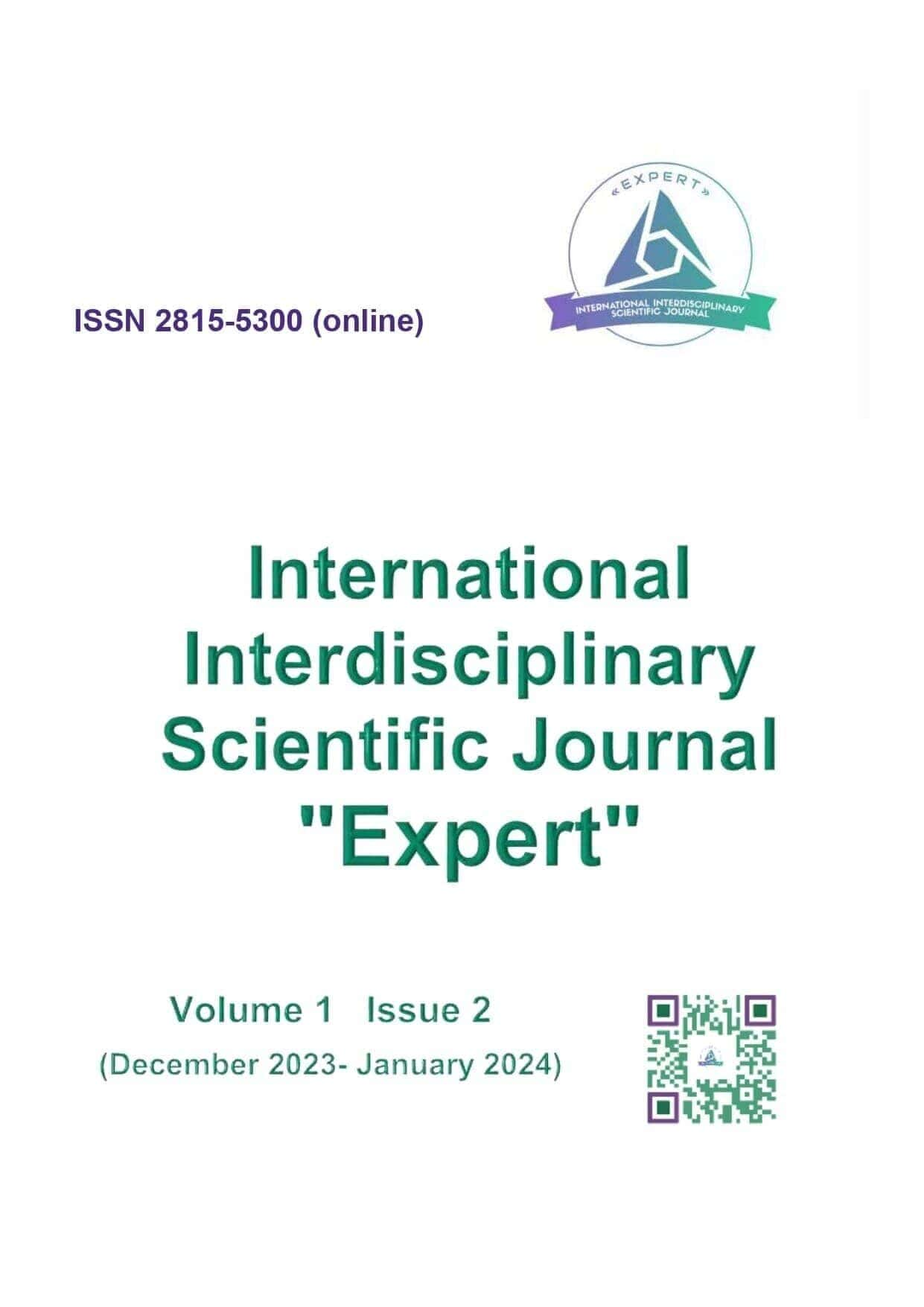ОРГАНІЗАЦІЙНІ УМОВИ КОРПОРАТИВНОГО УПРАВЛІННЯ В АГРАРНОМУ ІНТЕГРОВАНОМУ ПІДПРИЄМСТВІ
ORGANIZATIONAL CONDITIONS OF CORPORATE GOVERNANCE IN AN AGRARIAN INTEGRATED ENTERPRISE
Author(s): Ivan Filchenko, Denys Sartakov, Vladyslav Kryzhniy, Andrii LaikoSubject(s): Economy, Business Economy / Management, Micro-Economics, Agriculture, Business Ethics
Published by: АСПЕКТ-ПРО ЕООД
Keywords: corporate governance; agricultural enterprise; integrated structure; financial market; control mechanism
Summary/Abstract: The article is devoted to the study of scientific knowledge on the general organizational conditions for corporate governance in an agrarian integrated enterprise. Based on the analysis of scientific knowledge on the conditions and features of corporate governance in integrated agricultural structures, the authors have found that relations arise not between the owners of a corporation, but between the corporation and the owners, and thus relations in the group of owners are absent or minimized. In practice, the key element of contracting is not an attempt to determine the behavior of the CEO in all possible situations, but to develop a structured system of remuneration for managers. The main goal of this operation is to find the optimal combination of different types of remuneration for top managers, which will ensure mutually beneficial interests of both shareholders and managers of the corporation. The author proves that the most effective mechanism of internal control over the activities of a corporation's management personnel is to involve shareholders in protecting their interests through agents (outsiders) who are not employees of the corporation but are vested with certain controlling powers. It is assumed that these agents will not be directly related to the operational management of the corporation, and thus they become the defenders of the interests of the owners. It is found that there is a direct relationship between agency conflicts and corporate governance mechanisms. The result of the study is the identification of positive and negative aspects of capital concentration in a corporation. This leads to the conclusion that with an increase in the manager's shareholding, the level of agency conflicts decreases. The authors propose a detailed model of corporate governance that takes into account the interests of all participants. The conflict of interests between owners and managers of a corporate structure is investigated. The peculiarities of functioning of the external mechanism of control by the financial market in the corporate governance system and their shortcomings are highlighted. The institutional factors influencing the corporate governance system of an integrated agricultural enterprise are demonstrated.
Journal: International Interdisciplinary Scientific Journal "Expert"
- Issue Year: 1/2024
- Issue No: 2
- Page Range: 130-144
- Page Count: 15
- Language: Ukrainian

